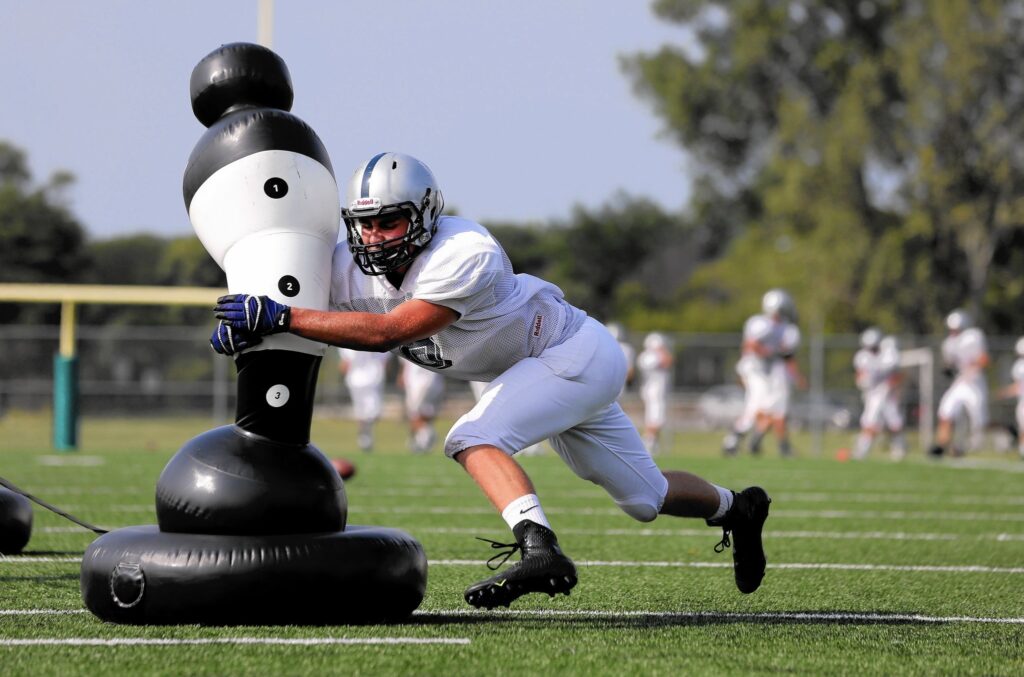We’ve always had the urge to quantify sports performance. We like to think that simple numbers make it easier for us to understand the wildly complex games we’re seeing with our own eyes. We like to pretend that our favorite sports games are a little less chaotic and random than they actually are. And we like that statistics make it easier for us to judge the teams and players themselves, holding one up as definitively “better” based on their stats.
From time to time, we’re all a little guilty of falling into this stat madness. But can statistics really tell the full picture? And at the end of the day, how much do they actually matter?
Do statistics matter in sports?
It’s a complicated question, and the truth is that there isn’t one simple answer. Many stats matter, and some of them really get at the heart of the gameplay. If you’re a serious fan, knowing your way around some of these key stats can mean really help you better understand a game (and a player). For example, if a football team is successful, their quarterback will likely have high yards per pass attempt, and the team in general will have a low percentage of interceptions.
But not all stats are created equal, and there are lots of deceptive or outright useless ones that don’t really tell the full picture—and don’t matter as much, even to truly obsessive fans. Stats on tackles, for example, don’t tell you whether the act went down behind the line of scrimmage or 20 yards down the field. Stats about a receiver’s catch rate might ignore a terrible quarterback, or reward a player for catching easier passes over truly difficult ones.
What external factors can come into play?
Sometimes, factors outside of a team’s control can really shake up the statistics you’re looking at. The weather, for example, can have a huge effect on gameplay: wind can affect passing efficiency, and cold weather can affect punting yardage. Other factors like a lack of sleep, increased stress, overwhelming emotions, and refereeing can distort the true story of statistics in a sporting event.
So why should we take stats with a grain of salt?
There are so many variables going into every game, with hundreds of factors affecting every data point in every statistic shoved at us by newspapers and reporters. But while we’re drowning in the numbers, it’s important to remember not to neglect the human eye.
We’re almost unhealthily obsessed with getting more and more info, like how high a player can jump and how quickly they can move compared to other players. And sometimes, that means that we forget to take a look at the clear evidence of each person’s skill. If a player’s individual performance isn’t called into question, why should their training stats matter? If a team moves as a cohesive unit to the naked eye, why pick them apart by defining all of their offensive stats?
The next time you listen to a sports reporter rattling off a list of statistics (which they’ve likely cherry-picked in order to prove a point!), consider the reason you’re watching the game in the first place. If you’re like most of us, you’re in it for the excitement of gameplay, the immeasurable “magic” of the sport itself—and that’s something we’ll never be able to define with a statistic.




